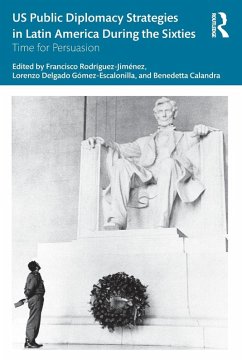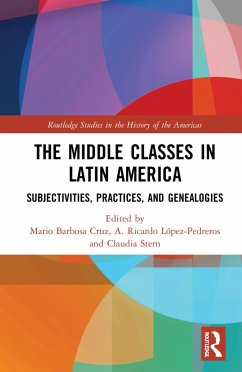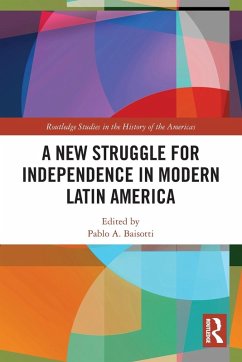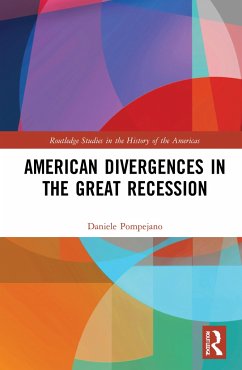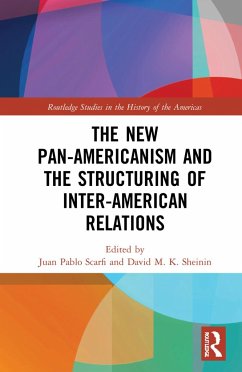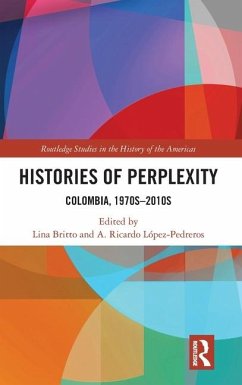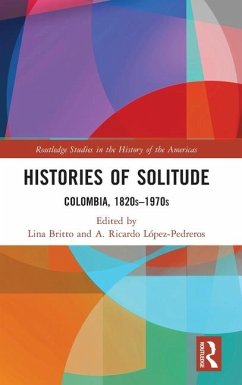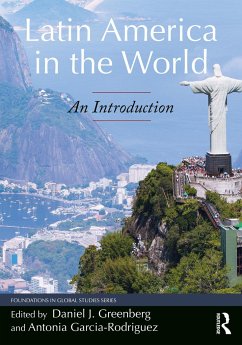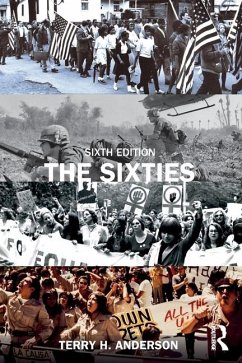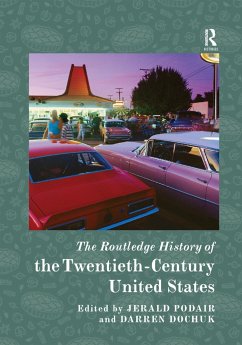
US Public Diplomacy Strategies in Latin America During the Sixties
Time for Persuasion
Herausgegeben: Rodríguez-Jiménez, Francisco; Delgado Gómez-Escalonilla, Lorenzo; Calandra, Benedetta
Versandkostenfrei!
Versandfertig in 6-10 Tagen
154,99 €
inkl. MwSt.

PAYBACK Punkte
77 °P sammeln!
This book seeks to address US public diplomacy strategies in Latin America, of particular importance during the 1960s when the leadership of the United States had been questioned after the Cuban Revolution.The implicit mandate was "No more Cubas" so that what happened in the Caribbean country would not spread to other countries. The actions of the United States toward its southern neighbors in the first half of the twentieth century are quite well known. In contrast, Latin American scenarios of the Cultural Cold War have remained relatively less well known. The contributors and editors of this...
This book seeks to address US public diplomacy strategies in Latin America, of particular importance during the 1960s when the leadership of the United States had been questioned after the Cuban Revolution.
The implicit mandate was "No more Cubas" so that what happened in the Caribbean country would not spread to other countries. The actions of the United States toward its southern neighbors in the first half of the twentieth century are quite well known. In contrast, Latin American scenarios of the Cultural Cold War have remained relatively less well known. The contributors and editors of this volume examine various facets and means of action used by the "US machinery of persuasion" with the aim of disseminating the virtues of its socioeconomic and political model, including both public and private efforts, and the significance of nonstate actors. Subjects examined include the impact of the theory of modernization; anti-Americanism; the deployment of public diplomacyin the region; the activities of the Congress for Cultural Freedom and the Rockefeller Foundation; and the influence of these efforts on sporting, artistic, and musical events.
This volume will be of value to students and scholars alike interested in Latin American history and history of the Americas.
The implicit mandate was "No more Cubas" so that what happened in the Caribbean country would not spread to other countries. The actions of the United States toward its southern neighbors in the first half of the twentieth century are quite well known. In contrast, Latin American scenarios of the Cultural Cold War have remained relatively less well known. The contributors and editors of this volume examine various facets and means of action used by the "US machinery of persuasion" with the aim of disseminating the virtues of its socioeconomic and political model, including both public and private efforts, and the significance of nonstate actors. Subjects examined include the impact of the theory of modernization; anti-Americanism; the deployment of public diplomacyin the region; the activities of the Congress for Cultural Freedom and the Rockefeller Foundation; and the influence of these efforts on sporting, artistic, and musical events.
This volume will be of value to students and scholars alike interested in Latin American history and history of the Americas.





